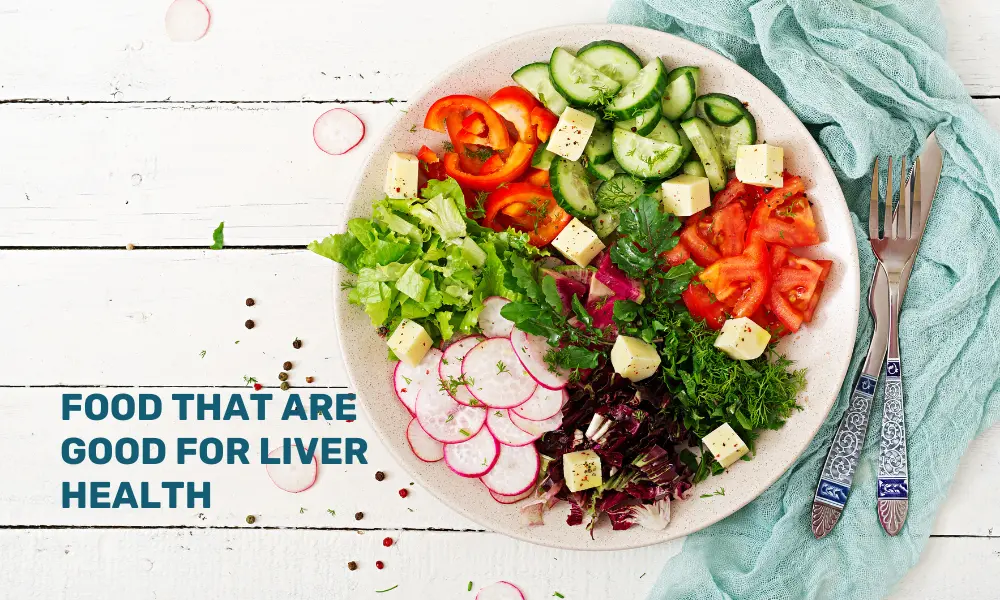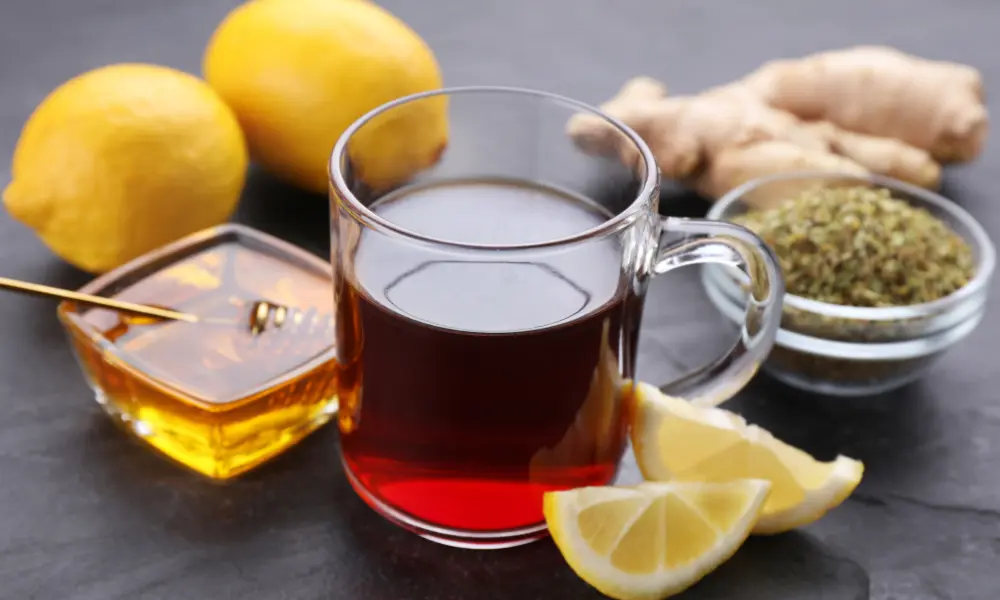Our liver is one of the most hardworking organs in our body, performing over 500 vital functions daily. From filtering toxins and metabolizing nutrients to regulating blood sugar and hormones, our liver plays a central role in maintaining overall health.
But in today’s busy world, poor diets, too much alcohol, pollution, medications, and lack of exercise put a strain on the liver. Without good dietary support, this may result in diseases such as fatty liver disease, slow metabolism, poor digestion, and chronic fatigue.
Fortunately, through healthy foods, one can actively support and shield their liver. Our in-house expert, Dt. Aparna Pandey, MSC-Nutrition and Dietetics, shares a list of eight foods that improve our liver health.
Why Is Diet Important for Liver Health?
-
Nutrient Provision for Detoxification: The liver requires certain nutrients such as antioxidants, vitamins, and minerals in order to metabolize and remove toxins from the body.
-
Support for Metabolism of Fat: Adequate intake of nutrients prevents fat buildup in liver cells, decreasing the risk of fatty liver disease (NAFLD).
-
Inflammation Reduction: A lot of liver problems begin with chronic inflammation. Anti-inflammatory foods lower this load, making it possible for the liver to heal.
-
Boosting Regeneration: The liver is one of a very select group of organs that can regenerate, but it requires proper fuel, in other words, a nutrient-dense diet.
A poor diet with excessive refined sugars, unhealthy fats, and processed foods can clog the liver, ultimately causing damage.
Now, let us have a look at specific foods that support the liver and how they do it.
Foods That Support Liver Health
1. Turmeric (Curcumin)
Mechanism: Curcumin, the bioactive agent found in turmeric, stimulates bile production, which aids the liver in digesting fats and eliminating waste more effectively. Its high antioxidant activity guards against cell damage in the liver caused by free radicals.
How to Use: Combine ½ tsp turmeric with warm water and a pinch of black pepper (for enhanced absorption), or add to vegetables and curries.
2. Garlic
Mechanism: Garlic is rich in sulfur compounds, including allicin and selenium, which trigger liver detox enzymes. The enzymes facilitate the breakdown of toxins for excretion as well as protection against oxidative stress.
Usage: Mince 1-2 raw garlic cloves and consume them with warm water or use them freely while cooking.
3. Leafy Greens (Spinach, Methi, Kale)
Mechanism: Chlorophyll in green leafy vegetables chelates heavy metals and toxins and helps the liver flush them out. Leafy greens also increase bile production, which is necessary for digestion and detoxification.
How to Use: Mix with parathas, dals, soups, or consume in salads.
4. Beetroot
Mechanism: Being high in betaine, beetroot aids liver detoxification channels and prevents fat deposition in the liver. Its nitrates enhance blood flow to the liver and increase oxygen supply for superior function.
How to Use: Combine beetroot with salads or juice along with carrots and amla for a liver-supporting beverage.
5. Amla (Indian Gooseberry)
Mechanism: Amla contains a lot of Vitamin C and antioxidants that lower oxidative stress and inflammation in the liver. Amla helps in the regeneration of injured liver tissues.
How to Use: Take raw, in chutneys, or amla juice with warm water on an empty stomach.
6. Fatty Fish (Salmon, Sardines, Mackerel)
Mechanism: Omega-3 fatty acids found in fatty fish combat inflammation and help manage liver fat accumulation, especially in non-alcoholic fatty liver disease (NAFLD).
How to Use: For vegetarians, flaxseeds, chia seeds, and walnuts are some effective plant-based omega-3 substitutes.
7. Green Tea:
Mechanism: Green tea contains catechins that enhance the activity of liver enzymes and shield liver cells from fat accumulation and oxidative stress.
How to Use: Drink 1-2 cups of unsweetened green tea per day.
8. Walnuts
Mechanism: Walnuts have glutathione and omega-3 fatty acids that support the liver in flushing out toxic substances and avoiding fat buildup.
How to Use: Eat 5-6 pieces a day or include them in salads or oats.
The Bottomline
A healthy liver translates into improved digestion, radiant skin, hormonal equilibrium, and enhanced immunity. By consuming liver-supporting foods such as turmeric, garlic, greens, beetroot, and amla, you not only promote detoxification but also safeguard against liver injury and fatty liver disease. Your liver takes care of you every day. It’s your turn now to take care of your liver with your plate. Select fresh whole foods, drink plenty of water, and avoid processed, oily, and sweet foods to have a healthy liver. For more such nutrition related tips – CLICK HERE!
Disclaimer: This article is meant for informational purposes only and must not be considered a substitute for professional advice.





